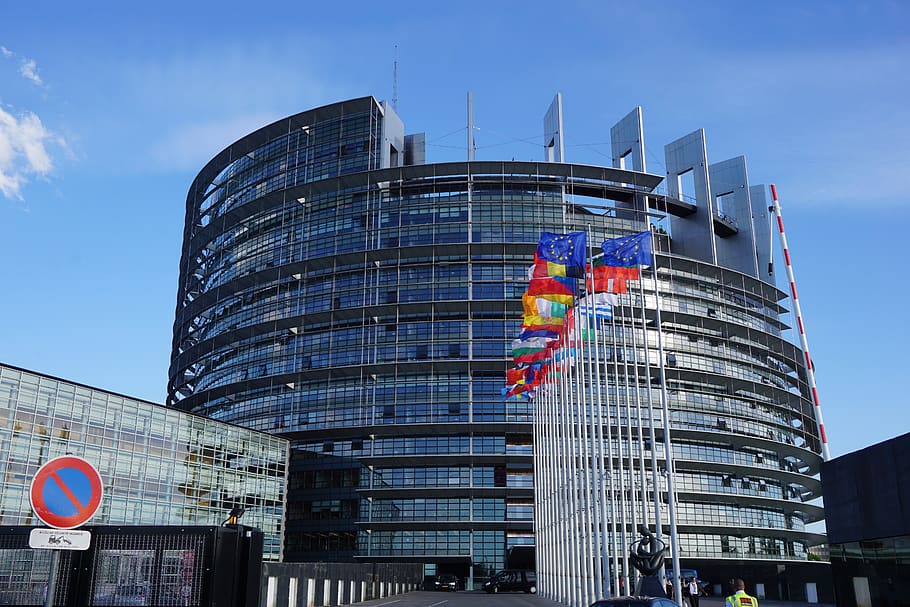In recent years, all topics related to Artificial Intelligence (AI) have been arousing enormous interest. Perhaps it is because the heart of [...]
Read More »AI technologies are currently being used in enterprises to transform business processes, drive customer interaction, improve decision making and increase employee productivity.
Gartner predicted that in this decade, 85% of customer interaction will be handled by AI. Overall, it is estimated that the AI market could reach $127 billion by 2025, up sharply from $2 billion in 2015. The United States and China will lead the way in terms of investment.
This major market challenge could not be left out of a certain regulatory structure, especially considering its exponential growth.
Very briefly, the AI works as follows: the algorithms learn from experience, predict and learn from their own predictions and errors.
AI applications can be used in all types of businesses in different industries. sectors and services, so it is very necessary to consider their current regulatory reality.
Today's AI customers are not exclusively large corporations. Predictive software solutions can be applied to any company in need:
It is these generic demands that form the basis for the development of AI in companies.
We can consider two perspectives on the regulatory compliance aspects of Artificial Intelligence:
This market and volume dimension is crucial. There are industrial sectors in Europe that continually complain about legislation that is extremely local and prevents them from competing with companies based in much larger markets, such as the United States. The telecommunications business is a clear example.
These two perspectives (privacy and market) are addressed by the EU in its measures to address the opportunities and challenges of AI.
The Parliament Commission is working on a Commission proposal, due in April 2021, to Europe, and within it, Spain, to become the world center of artificial intelligence. that builds trust through regulatory compliance in AI.

This includes the first legal framework on this technology, which is also accompanied by other regulations on machinery and robots. This is intended to "ensure safety" and "strengthen investment in AI in the European Union", creating several levels of risk and prohibiting, for example, facial recognition in certain situations associated with robotics. This is an example of data protection and privacy that probably does not exist in other environments outside the EU.
In October last year, the European Parliament approved three reports looking at how to regulate artificial intelligence to boost innovation, respect for ethical standards and trust in the technology.
On the one hand, work is being done on human intervention and supervision, a central issue, for example, in the field of robotics. On the other hand, we are working on ethical standards to ensure safety and transparency.
It also discusses how regulations and patents should protect the European space, avoiding both regulatory localisms and the absence of regulation that leads to the invasion of technology from third countries.
This last regulatory challenge is fundamental. It is necessary to guarantee an efficient market size for companies, especially in sectors such as security and defense, which need to ensure in-house and local developments for their projects.
The cascade of regulations has not yet begun to bear full fruit and will have to be adopted by local legislation.
The objectives of citizen protection and market creation (including the stimulation of innovation and business size) seem to inspire European regulators.
There will always be tension between hyper-regulation (with the objective of including every possible case) and deregulation (of vital importance to ensure efficient market sizes).
In the coming months, we will see how European legislation evolves in comparison with local laws and companies' ethical and reputational codes.
Once again, the degree of compliance The company's position in this market will be the one that sets the path for the protection of individual rights.
In recent years, all topics related to Artificial Intelligence (AI) have been arousing enormous interest. Perhaps it is because the heart of [...]
Read More »Natural Language Processing or NLP analyzes how machines understand, interpret and process human language.
Read More »There is a broad consensus among executives of the world's leading companies about the impact that artificial intelligence is going to have on business and [...]
Read More »There is a consensus among executives of the world's largest companies about the important impact that Artificial Intelligence (AI) will have on the [...]
Read More »